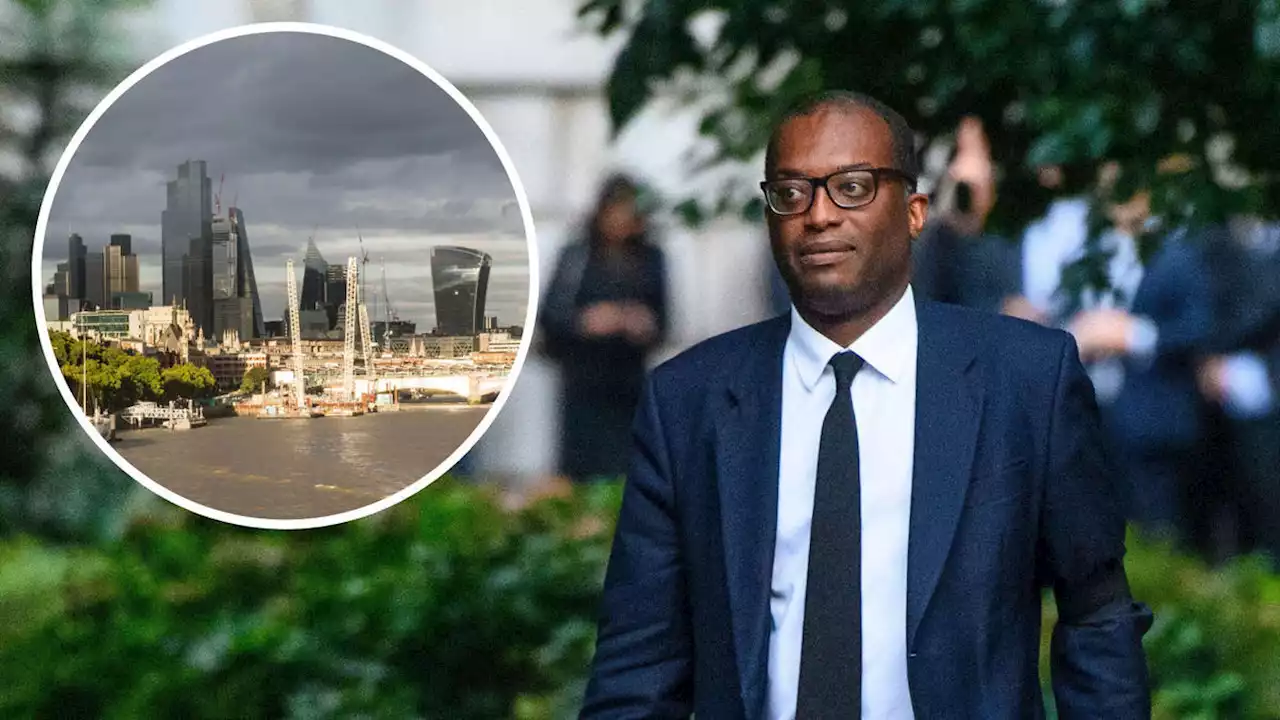Why the chancellor’s sacking of his most senior official has shaken the Treasury
Save time by listening to our audio articles as you multitaskMr Kwarteng had taken the decision on September 6th, the very day Ms Truss was appointed by the queen and in turn appointed him. The mood in the Treasury is sulphurous, but Mr Kwarteng has at least been candid about his reasons. He told Treasury staff on September 12th that the government’s change in economic direction required new leadership.
Some think the root of Ms Truss’s grievance lies in her stint between 2017 and 2019 as chief secretary to the Treasury—the department’s second-ranked minister, who focuses on controlling departmental budgets. She wanted the Treasury to explore radical ideas; the then-chancellor, Philip Hammond, wanted to steady the ship after the Brexit vote. Sir Tom got the heat.
Under what Bernard Schaffer, a political scientist, called the “public service bargain”, since the 1850s officials have enjoyed permanent employment and merit-based promotion in exchange for remaining politically neutral and delivering the will of their elected bosses. This security of tenure allows them to give frank counsel to ministers. The compact is breaking down, argues Patrick Diamond of Queen Mary University of London.
Belgique Dernières Nouvelles, Belgique Actualités
Similar News:Vous pouvez également lire des articles d'actualité similaires à celui-ci que nous avons collectés auprès d'autres sources d'information.
 Mini-budget cutting tax for millions to be announced next week as Kwarteng mulls binning bankers' bonus capTax cuts for millions set to be unveiled as part of Kwasi Kwarteng's mini-budget next week
Mini-budget cutting tax for millions to be announced next week as Kwarteng mulls binning bankers' bonus capTax cuts for millions set to be unveiled as part of Kwasi Kwarteng's mini-budget next week
Lire la suite »
